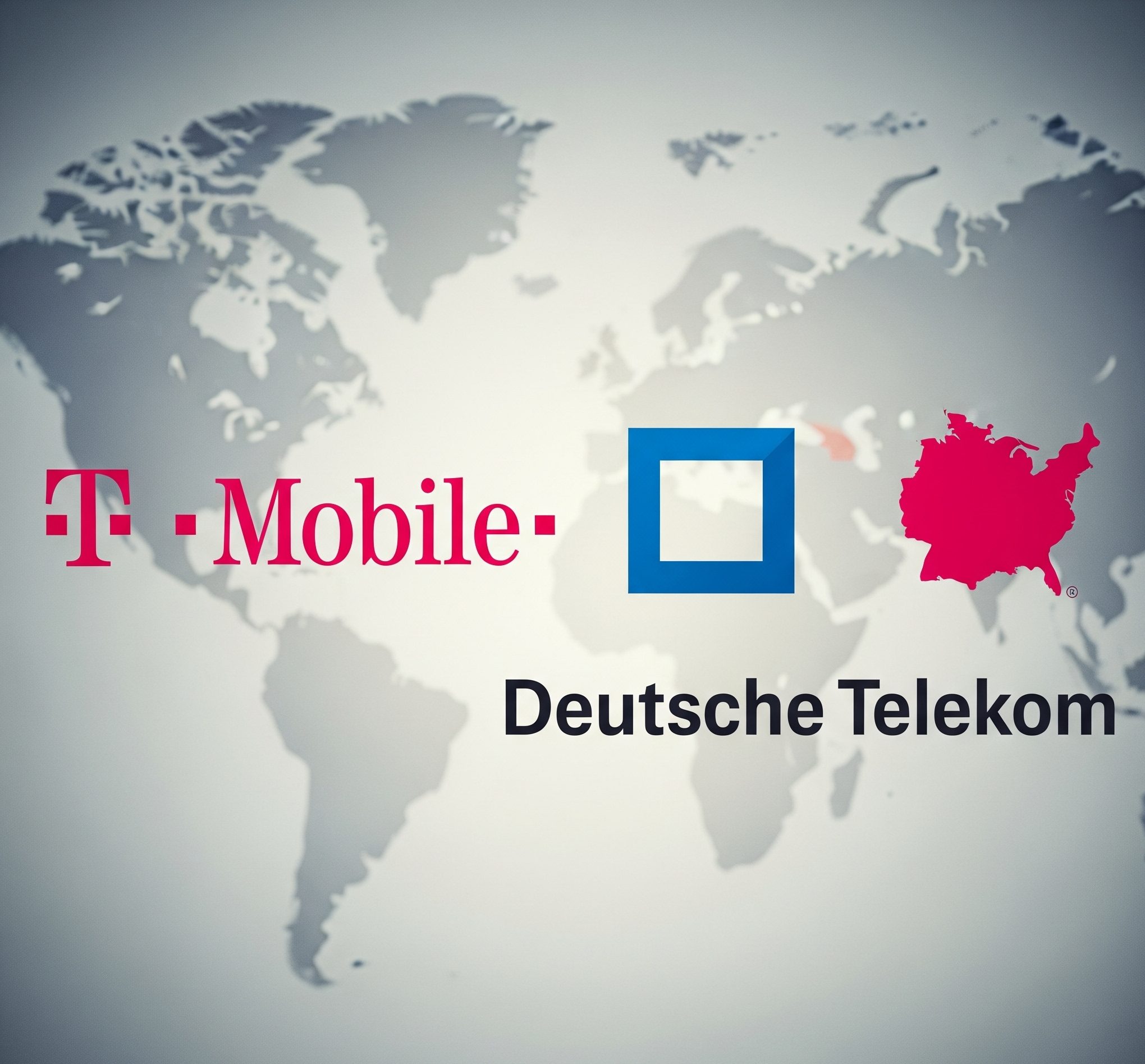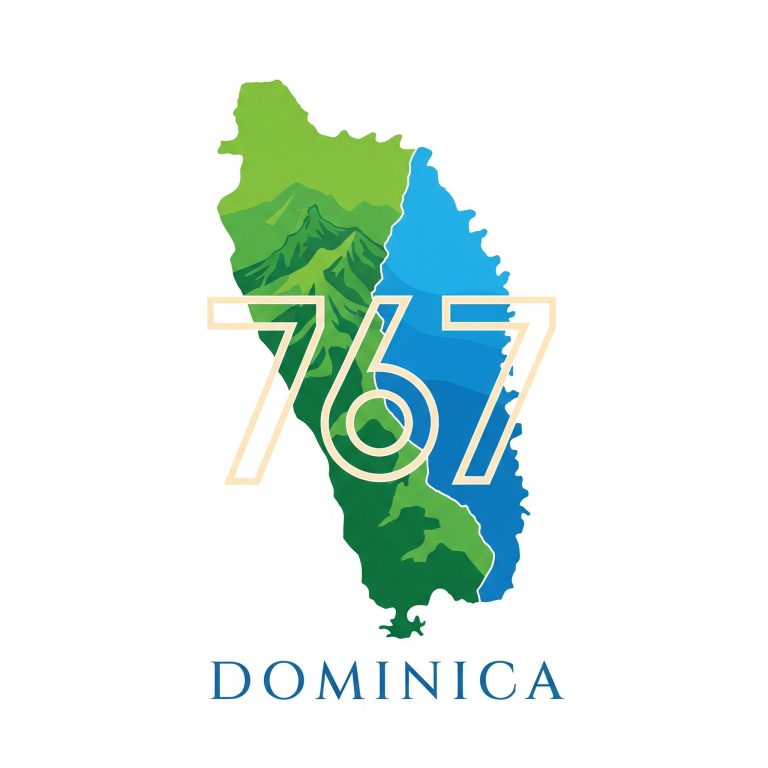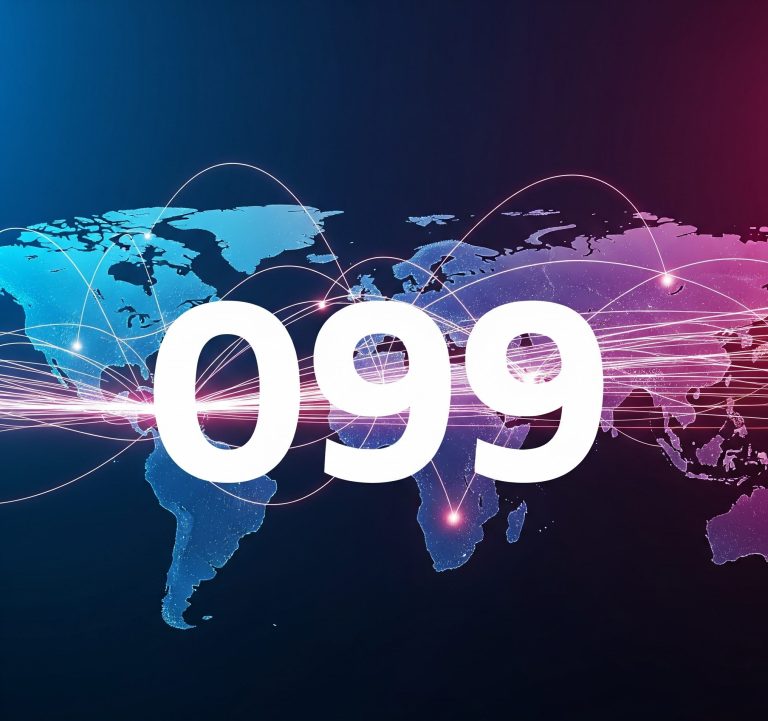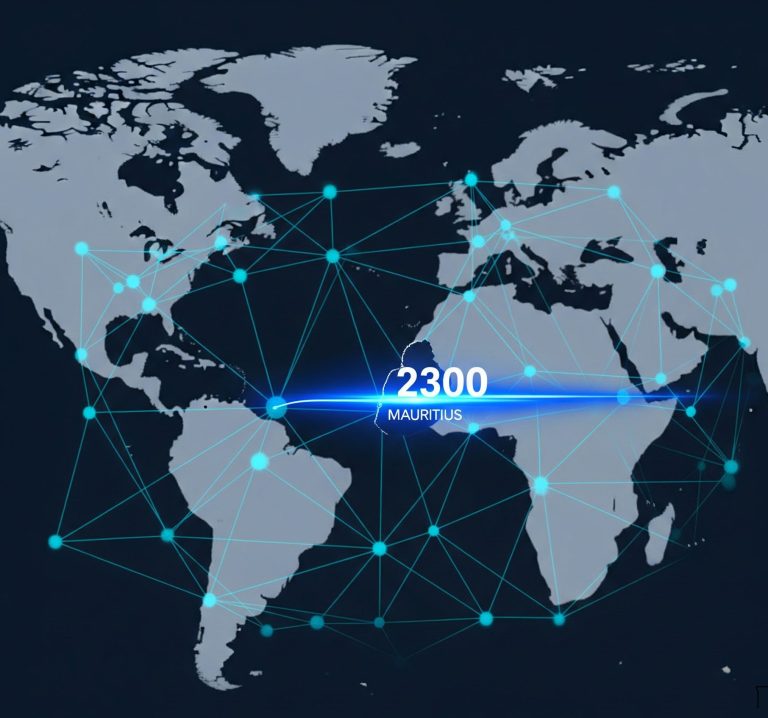T-Mobile has carved out a distinct identity in the competitive American wireless market, often characterized by its “Un-carrier” philosophy, vibrant magenta branding, and a relentless focus on customer experience. For many consumers in the United States, T-Mobile is simply a household name, a major player alongside Verizon and AT&T. But have you ever paused to consider what does the T stand for in T-Mobile? The answer isn’t just a linguistic curiosity; it’s a key to understanding the company’s global origins and its deep connection to a telecommunications giant.
Contents
The Global Parent: Deutsche Telekom AG
The “T” in T-Mobile unequivocally stands for Telekom. Specifically, it refers to Deutsche Telekom AG, the German multinational telecommunications company that is the proud parent and majority owner of T-Mobile US. This connection is more than just a footnote in the company’s history; it’s foundational to its very existence and global brand strategy.
From Germany to the World
Deutsche Telekom’s roots stretch back to the German state postal monopoly, Deutsche Bundespost. In 1995, as part of a significant deregulation process, Deutsche Bundespost Telekom was privatized and renamed Deutsche Telekom AG. This newly privatized entity began to expand its reach, particularly in the burgeoning mobile communications sector.
As Deutsche Telekom sought to establish a global presence, it adopted a consistent branding strategy for its mobile subsidiaries: the “T-” prefix. This is why you see “T-” in names like T-Home (for broadband services, though this brand has largely been integrated into the broader Telekom brand in Germany) and T-Online (for internet services), mirroring the “T-Mobile” brand for mobile communications. This systematic naming convention clearly signals its origin and association with the Deutsche Telekom Group.
T-Mobile’s Journey to the American Market
While the “T” originates in Germany, T-Mobile US has a unique and dynamic history within the American landscape. It wasn’t always known by its current name, nor was it always a direct subsidiary of Deutsche Telekom.
The VoiceStream Years
T-Mobile US traces its direct lineage back to VoiceStream Wireless PCS, which was established in 1994 as a subsidiary of Western Wireless Corporation. VoiceStream quickly made a name for itself as a rapidly expanding wireless provider.
In 2001, Deutsche Telekom AG made a significant move into the American market by acquiring VoiceStream Wireless for a staggering $35 billion. This acquisition was a pivotal moment, marking Deutsche Telekom’s firm commitment to establishing a strong foothold in the highly competitive U.S. wireless industry.
The Rebranding: T-Mobile USA is Born
Following the acquisition, VoiceStream Wireless was rebranded as T-Mobile USA, Inc., in July 2002. This strategic rebranding aligned the American operation with Deutsche Telekom’s global “T-Mobile” brand, creating a unified identity across its international mobile businesses. This is when the question of what does the T stand for in T-Mobile became relevant to American consumers, implicitly connecting their wireless provider to its German heritage.

The Evolution of T-Mobile US: Beyond the Name
While the “T” in T-Mobile points to its heritage, the company’s journey in the U.S. has been defined by more than just its name. T-Mobile US has consistently positioned itself as a disruptor in the market.
The “Un-carrier” Revolution
In 2013, T-Mobile launched its audacious “Un-carrier” initiative under the leadership of then-CEO John Legere. This movement was a radical departure from traditional wireless practices, aimed at addressing common customer pain points. Key “Un-carrier” moves included:
- Eliminating service contracts: Freeing customers from two-year agreements.
- Introducing data rollover: Allowing unused data to carry over to the next month.
- Including international roaming: Providing free data and texting in a multitude of countries.
These bold moves significantly reshaped the American wireless industry, forcing competitors to adapt and ultimately benefiting consumers. The “Un-carrier” ethos became central to T-Mobile’s brand, distinguishing it from its rivals.
Network Expansion and 5G Leadership
T-Mobile has also made significant strides in network infrastructure. The company has consistently invested in expanding its coverage and capabilities, particularly with the rollout of its 5G network. With the merger with Sprint in 2020, T-Mobile further solidified its position, acquiring crucial spectrum that bolstered its 5G leadership and expanded its customer base. Today, T-Mobile proudly boasts one of the largest and fastest 5G networks in the United States.
The Enduring Link: Deutsche Telekom’s Continued Investment
Even as T-Mobile US operates with a high degree of autonomy and a distinct market strategy, the connection to Deutsche Telekom remains strong. Deutsche Telekom continues to hold a majority stake in T-Mobile US, viewing it as a critical component of its global portfolio and a key driver of its overall success.
This ongoing ownership means that while T-Mobile US focuses squarely on the American consumer, it benefits from the resources, global insights, and long-term strategic vision of its parent company. It’s a powerful synergy, where the local market agility of T-Mobile US is complemented by the stability and global reach of Deutsche Telekom.
Conclusion: More Than Just a Letter
So, what does the T stand for in T-Mobile? It stands for Telekom, representing its deep origins with the German telecommunications giant, Deutsche Telekom AG. This seemingly simple letter is a testament to the global nature of modern business and the interconnectedness of the telecommunications industry.
For American consumers, understanding this lineage adds another layer to their perception of T-Mobile – not just as a domestic wireless provider, but as a part of a much larger, internationally recognized telecommunications powerhouse. It underscores the global forces that shape the services we rely on daily, even as T-Mobile continues to innovate and adapt specifically for the American market. The “T” is a quiet nod to its past, while the “Mobile” speaks to its dynamic and forward-looking present.







